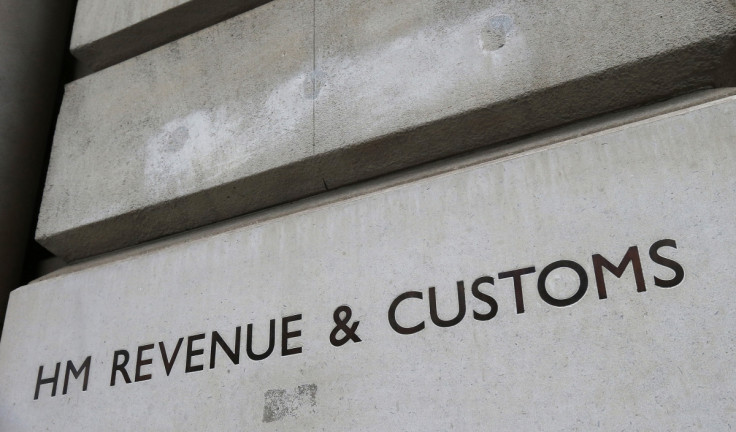HMRC's wealth unit recoups 60% more tax from 'mass affluent'

An HM Revenue & Customs (HMRC) crackdown on tax evasion and avoidance by the top 1% of earners has recouped £137.2m in fiscal 2013/14.
This is a 60% gain on the previous year's £85.7m, which was recouped from the so-called "mass affluent".
The HMRC dedicated Affluent Unit's crackdown on those who earn over £150,000 or who have a net worth of over £1m, has been dubbed a "success" by ministers at the Treasury.
The mass affluent makes up around 500,000 taxpayers in the UK. Taxpayers with assets worth over £20m are dealt with by HMRC's High Net Worth Unit.
The Affluent Unit was established in 2011. HMRC was also trumpeting its new computer system, which is called Connect. It cost £45m, was launched in the summer of 2010 and was designed by BAE Systems.
The computer system collects data on people from multiple sources, including banks, local councils, and even social media.
"This surge in extra revenue from Affluent Unit tax investigations serves as a reminder that HMRC is widening its lines of inquiry," said James Bullock, head of litigation & compliance at Pinsent Masons.
"It is no longer focussing solely on the super-rich. People who would just consider themselves moderately successful professionals and business people are now also coming under the scrutiny of HMRC's specialist units."
"HMRC is leaving no stone unturned in terms of searching for taxes which it believes should have been paid. This unrelenting attitude is being backed up by new civil powers to pursue unpaid tax and a much more aggressive approach to prosecutions– targeted at professionals and entrepreneurs."
"Having boosted its tax take so significantly from investigations into additional rate taxpayers, it is unlikely HMRC will let up in its efforts to clamp down on tax avoidance amongst the mass affluent any time soon."
The Treasury had set the unit a target of bringing in an extra £75m by 2012, with this figure rising to £586m by the end of 2015.
Plans were announced in the 2014 Budget to grant HMRC the ability to withdraw outstanding tax directly from the bank accounts of debtors. The proposals were diluted in November, with the added requirement of a face-to-face meeting before funds are recovered, but are expected to come into force in 2015.
© Copyright IBTimes 2025. All rights reserved.






















